Newspoll: Peter Dutton closes in as preferred prime minister as Anthony Albanese’s stocks fall
Peter Dutton’s net approval surpasses Anthony Albanese’s, as primary support for the Coalition lifts to 40 per cent for the first time since the 2022 election, the latest Newspoll shows.
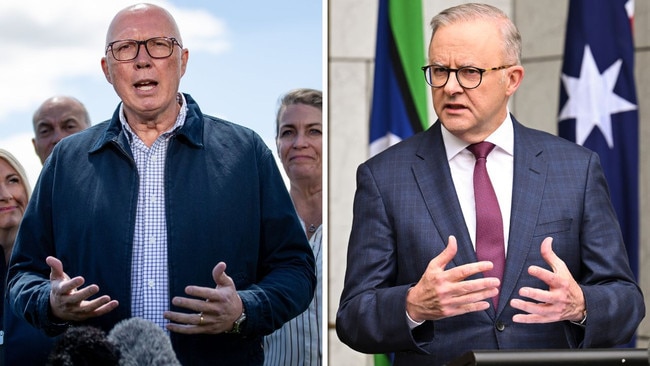
Primary support for the Coalition has lifted to 40 per cent for the first time since the 2022 election, and Peter Dutton’s net approval now surpasses Anthony Albanese’s, as the Prime Minister’s personal ratings dip to a new low and the leadership contest narrows to its closest margin yet.
An exclusive Newspoll conducted for The Australian shows the Coalition primary vote lifting two points following a difficult month for Mr Albanese over the flight upgrades controversy, capped by the US election result and re-election of Donald Trump.
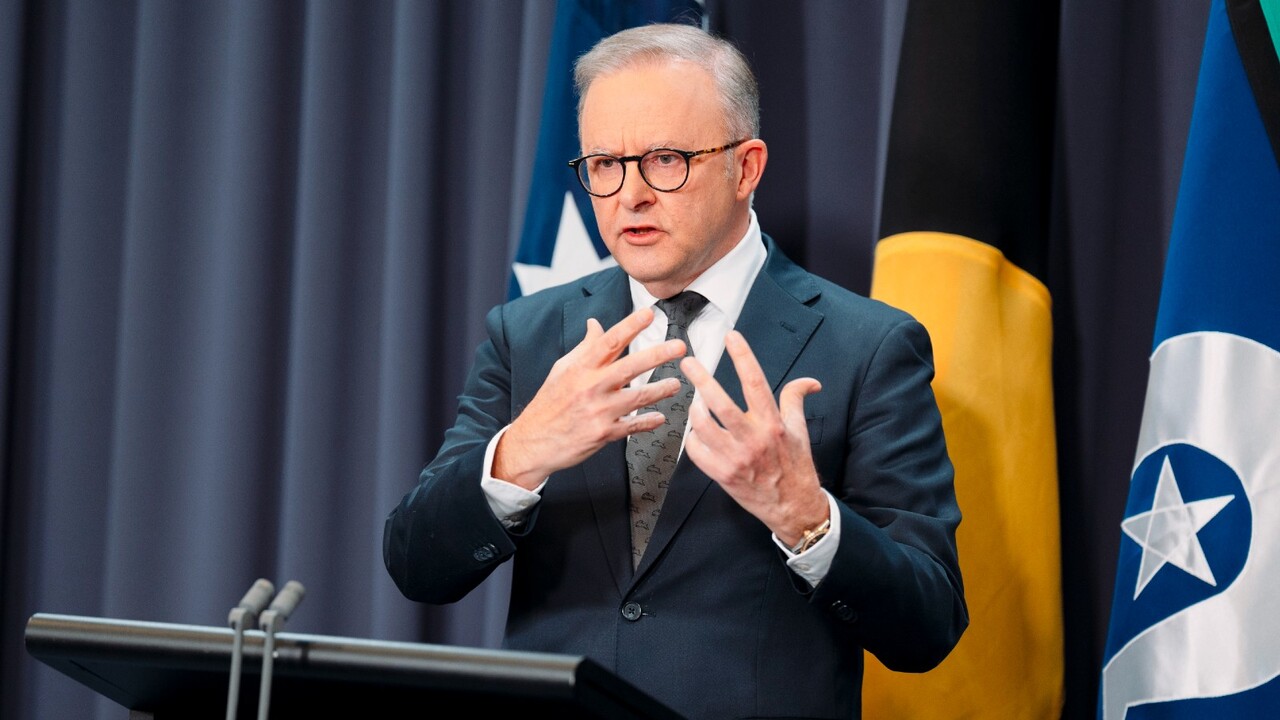
It is the first time support for the opposition has reached 40 per cent, which is considered an electoral benchmark for the Coalition to be competitive at the next election.
While Mr Albanese still leads as preferred prime minister, there is now only a slim four-point gap separating him from Mr Dutton.
Labor’s primary vote also lifted two points to 33 per cent in the latest Newspoll, offsetting falls in September and in October that saw the party sink to equal record low levels of support.
While Labor is holding steady at slightly above its last election primary vote of 32.6 per cent, the rise in support for the Coalition represents a gain of more than four points over the same period.
The improvement for both the major parties has come at the expense of minor left- and right-wing parties and a fall in support for independents, but has not altered the two-party-preferred split.
The Coalition has also maintained its 51-49 per cent two-party-preferred lead over Labor, consolidating a narrow advantage.
However, this still remains below what the Coalition would need to win the next election, with the more likely outcome, based on these numbers, being a hung parliament and a minority Labor government.
The Greens, who underperformed in the Queensland state election, have fallen a further point to 11 per cent, following a similar drop in September and October.
This is the lowest level of support for the minor left-wing party since the last election, and a point down on its election result of 12.2 per cent.
The shift in that support to Labor follows Mr Albanese’s pitch to younger voters with the announcement of $16bn in debt relief for student loans.
Pauline Hanson’s One Nation suffered a two-point fall to 5 per cent, with its primary vote now consistent with its last election result.
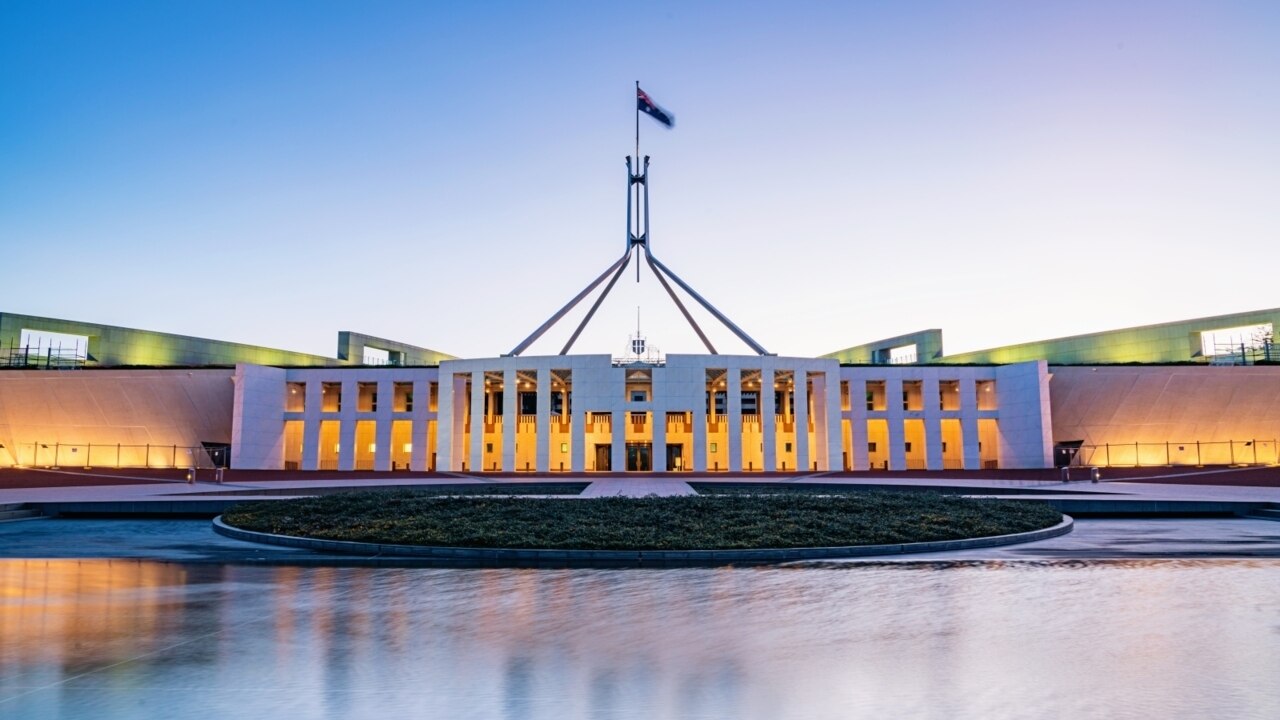
Support for other minor parties and independents, including the left-leaning teal independents, fell a point to 11 per cent. These levels are considerably down on the election result of 14.5 per cent.
The past four weeks have been dominated by controversy for the federal government with the political agenda subsumed by debate over free flight upgrades for MPs.
But the re-election of Mr Trump and the implications for the domestic political contest have been the focus of the Australian political discussion in the past week.
Strength of leadership will be a focus of the next election campaign. In that context, Mr Dutton’s favourability has lifted with the margin between the two leaders halved over the past four weeks.
Mr Albanese remains at 45 per cent as the preferred prime minister.
However, Mr Dutton lifted four points to 41 per cent. This is now the closest margin between the two leaders since the last election.
Mr Albanese’s met approval ratings have dipped to a new low since becoming Prime Minister.
While his approval ratings remained unchanged at 40 per cent, those dissatisfied with the Prime Minister rose one point to 55 per cent. This gives the Labor leader a net approval rating of minus-15 – his worst result.
Mr Dutton’s approval rating rose two points to 40 per cent to equal that of Mr Albanese.
Disapproval of Mr Dutton’s performance, however, is lower than that of his rival at 51 per cent, giving the Opposition Leader a more favourable net approval rating of minus-11.
This is the first time in Newspoll that Mr Dutton has been in a superior position on this overall measure.
The latest Newspoll survey was conducted between November 4 and November 8, and polled 1261 voters nationally.
The previous Newspoll was conducted over the period of October 7-11.


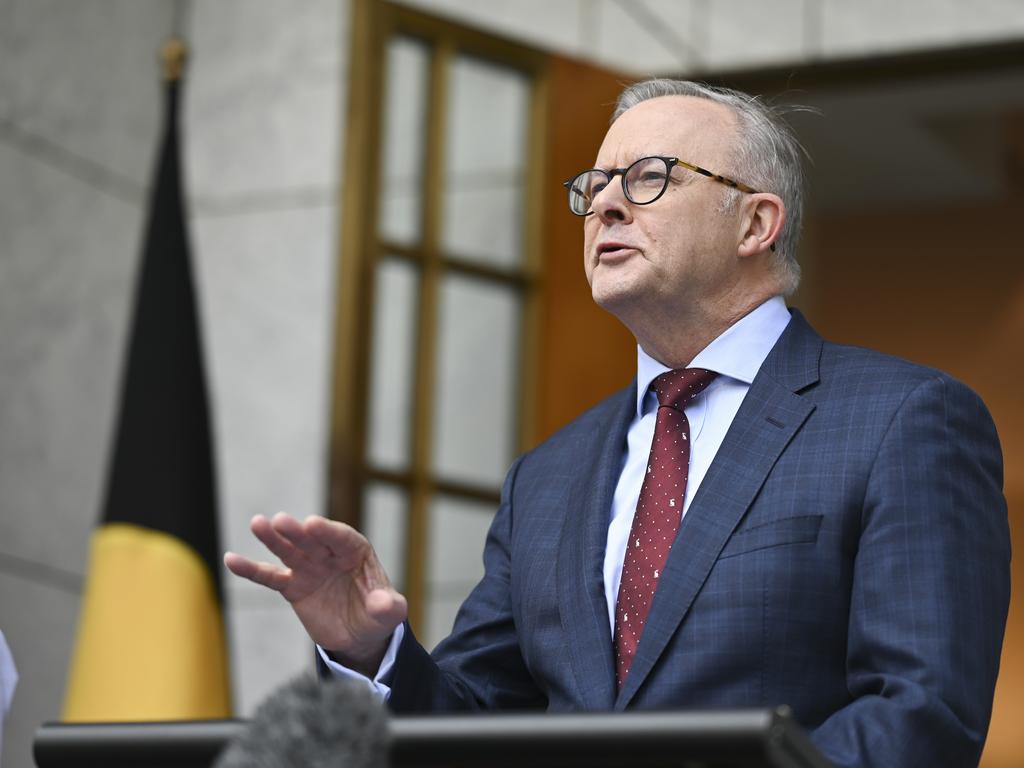

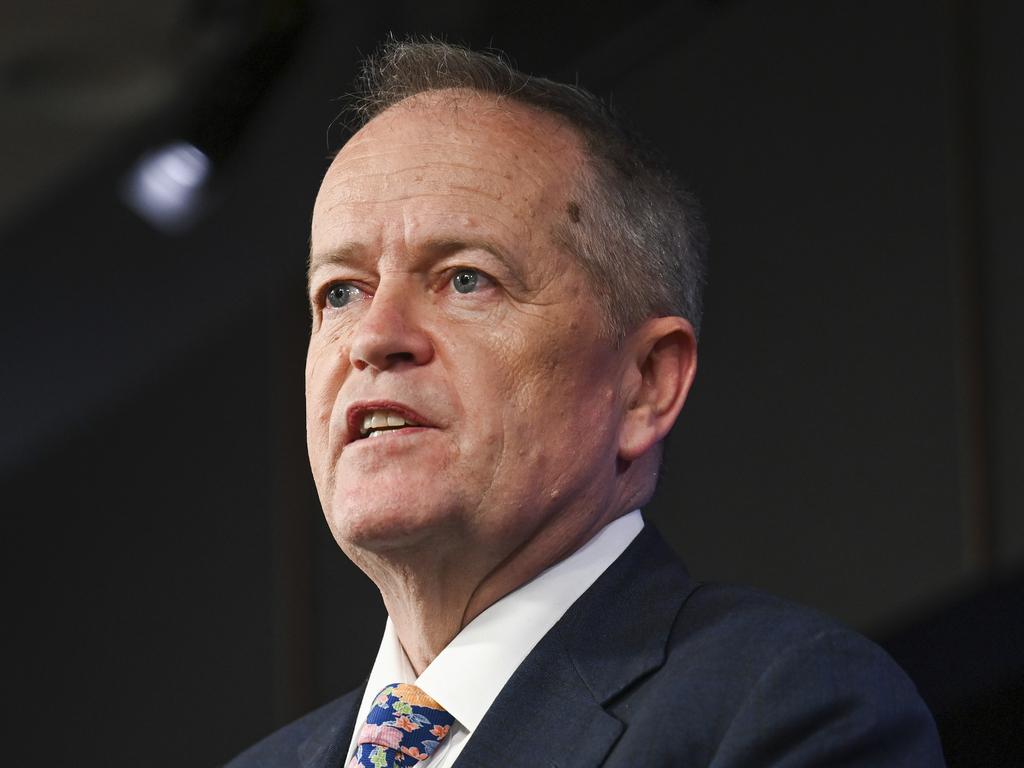


To join the conversation, please log in. Don't have an account? Register
Join the conversation, you are commenting as Logout